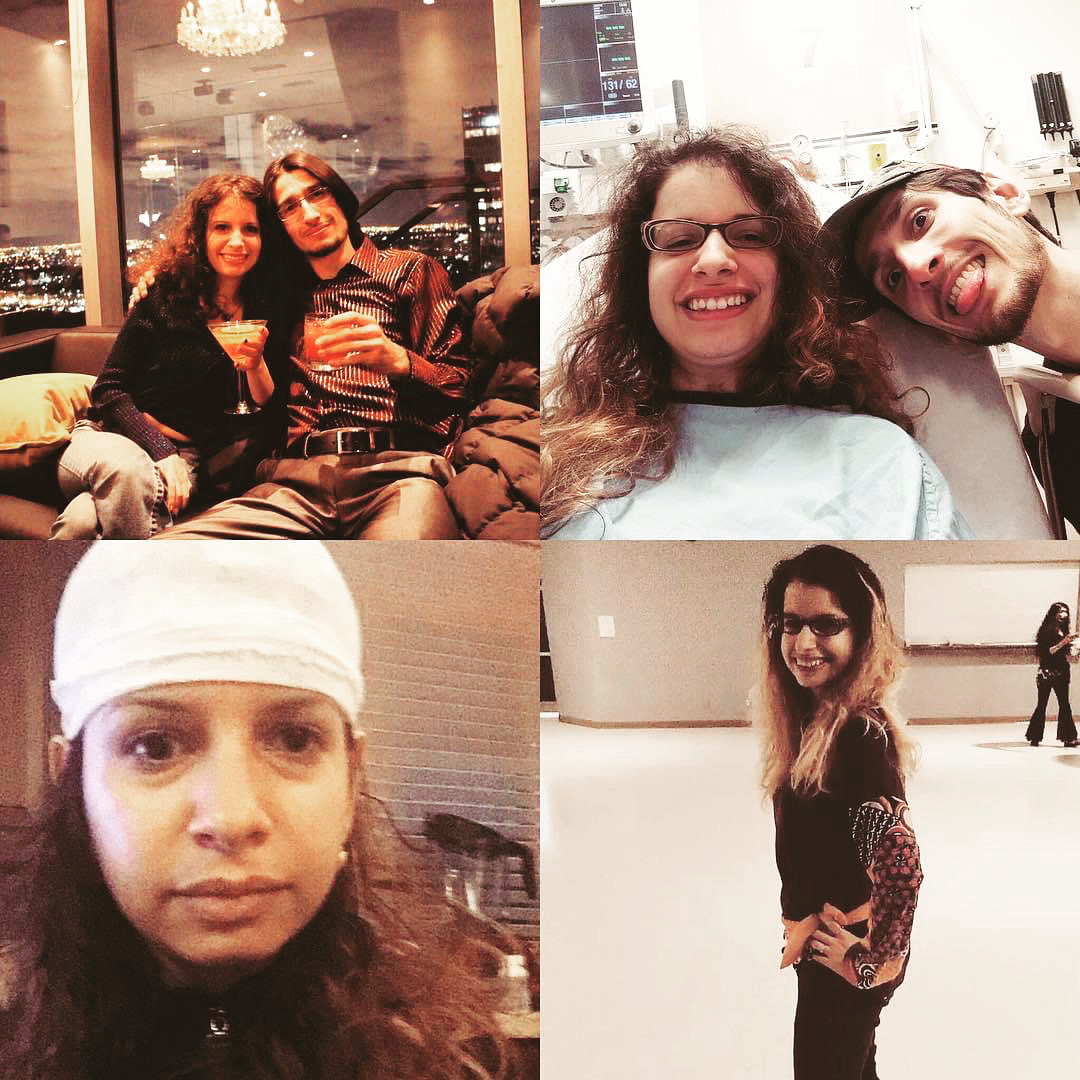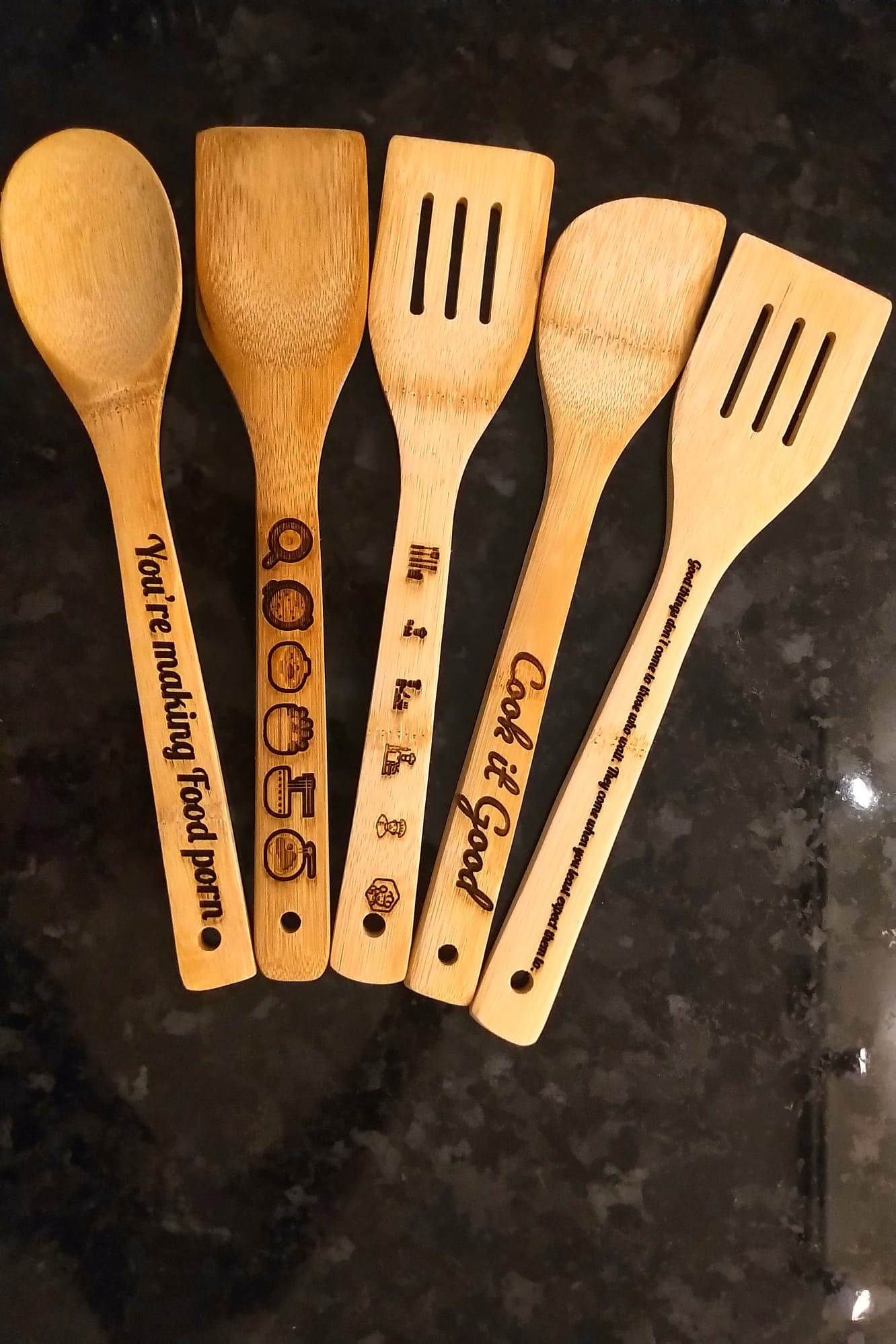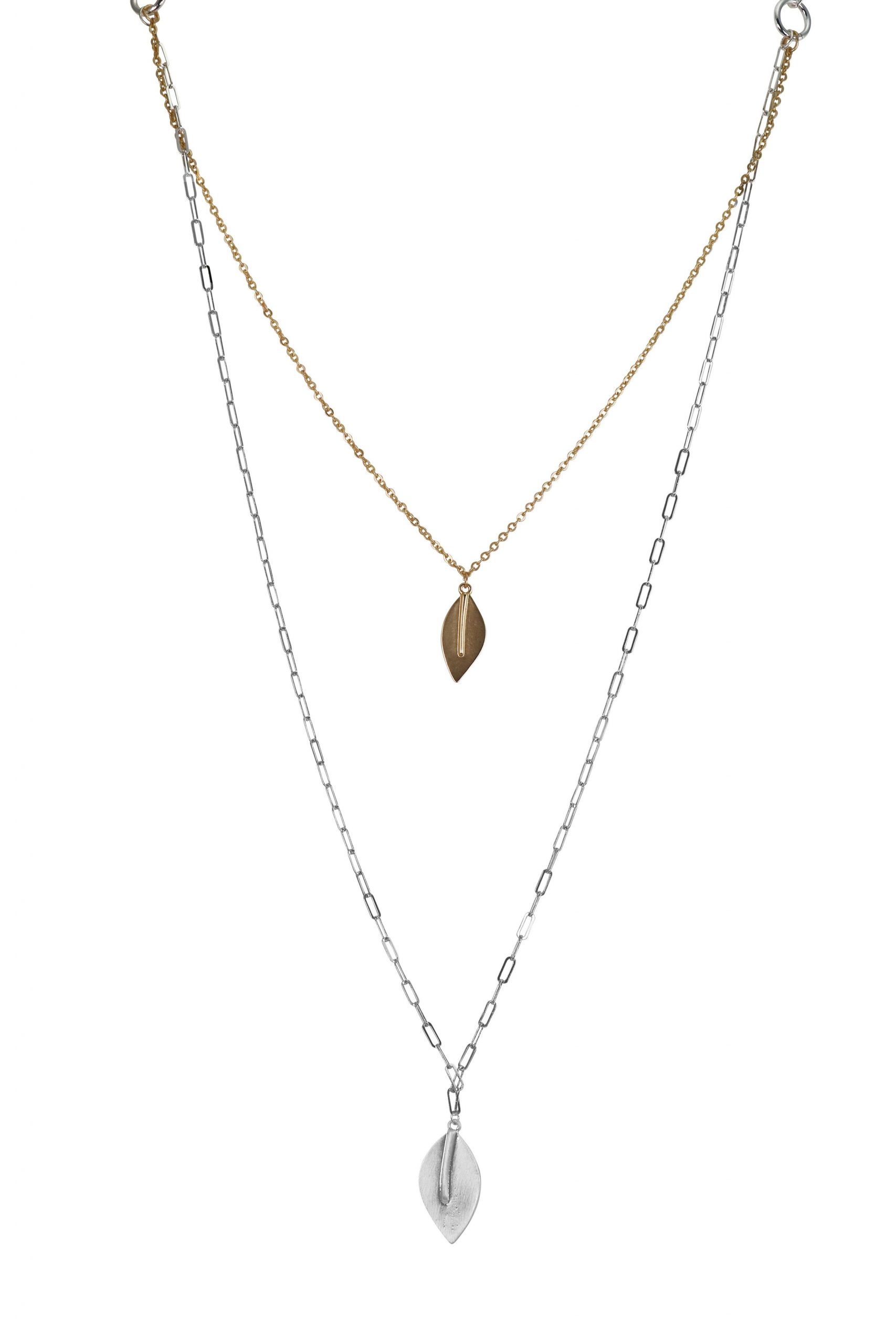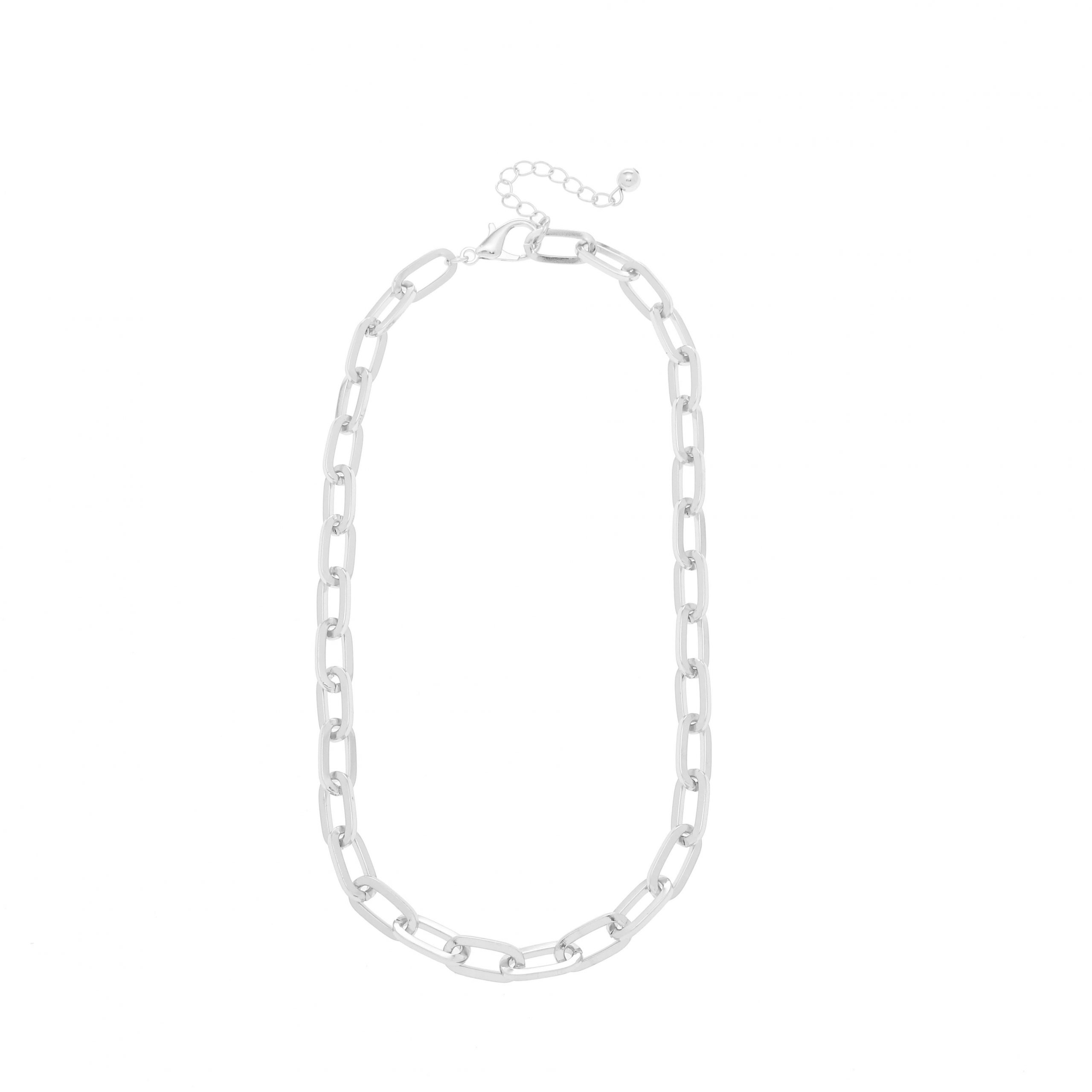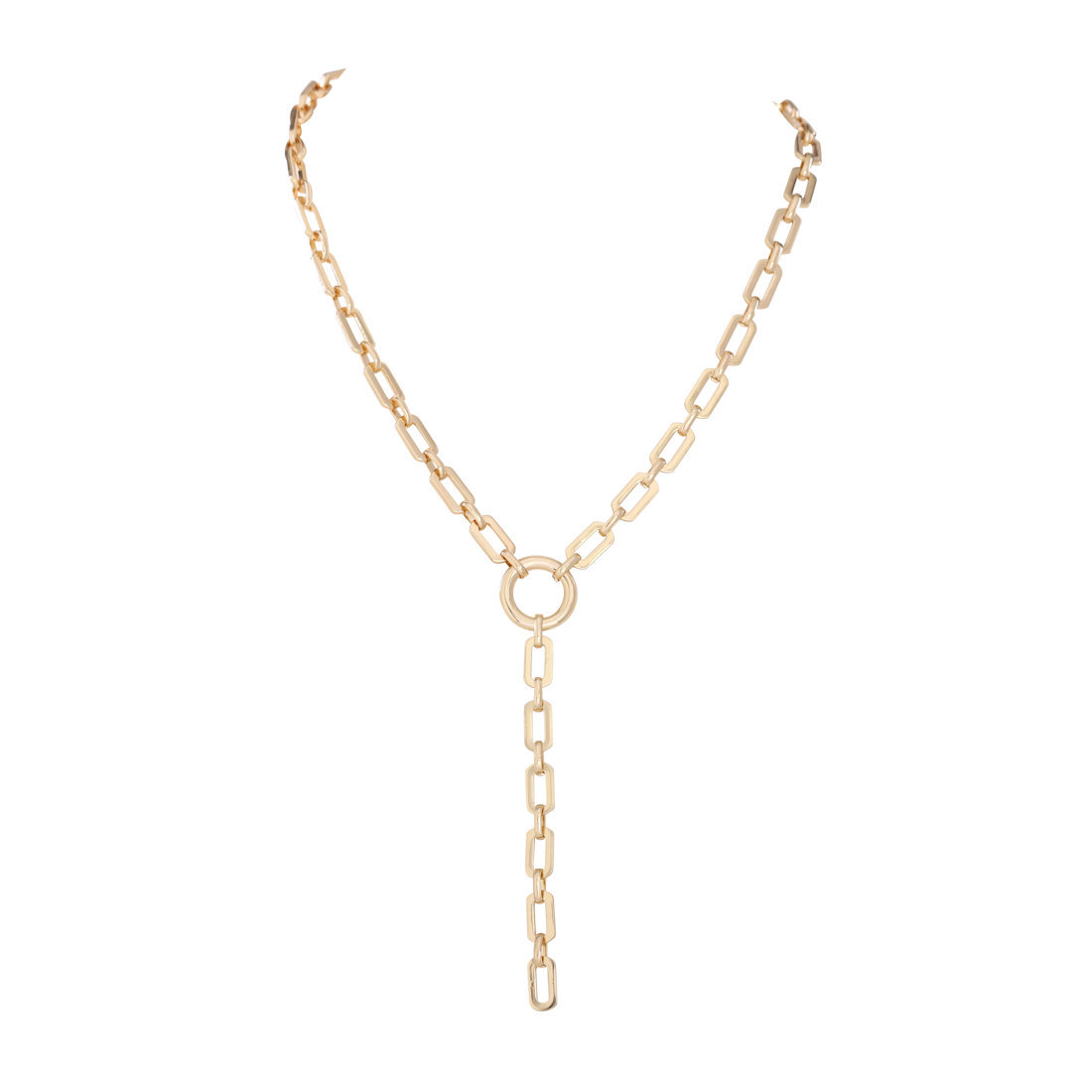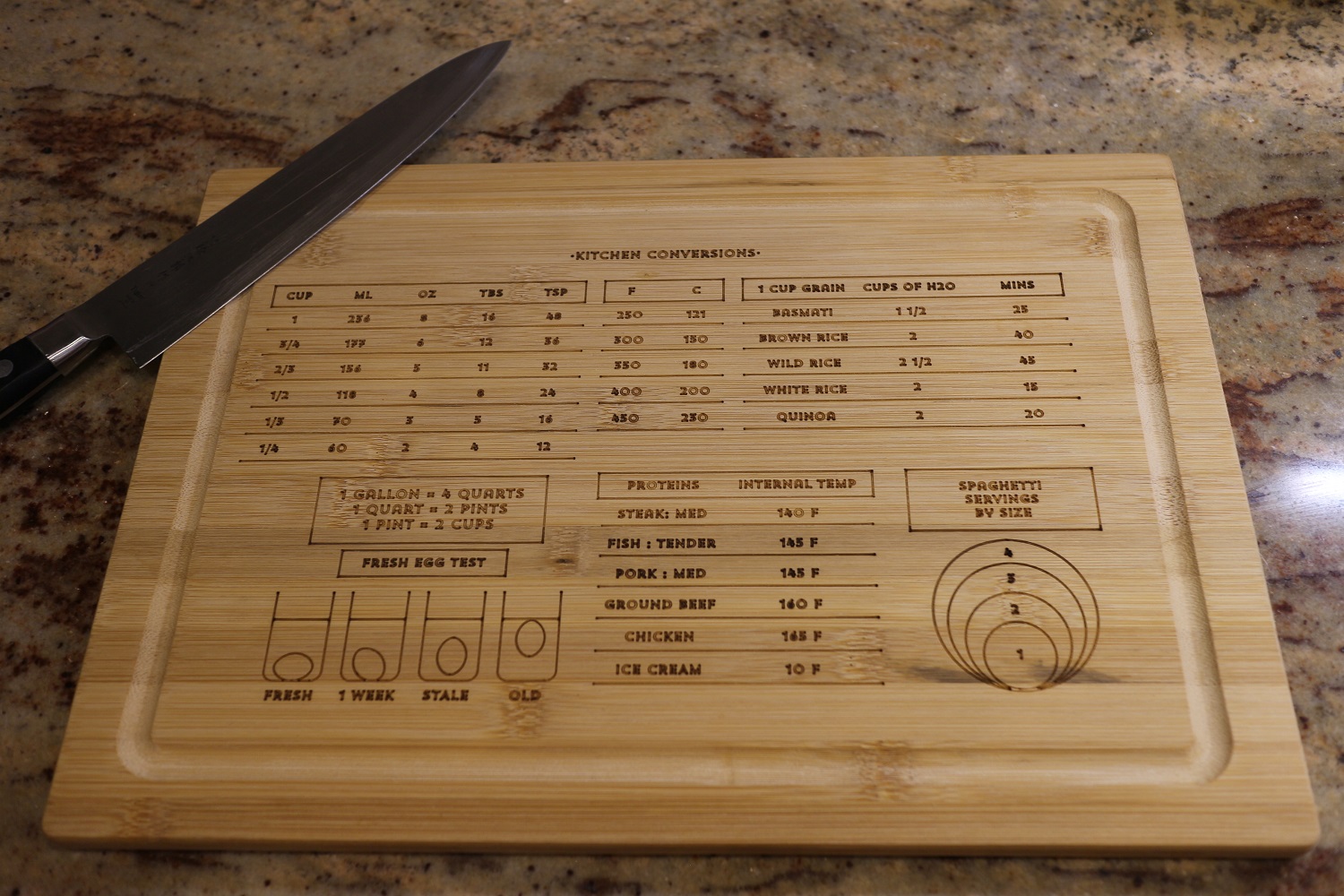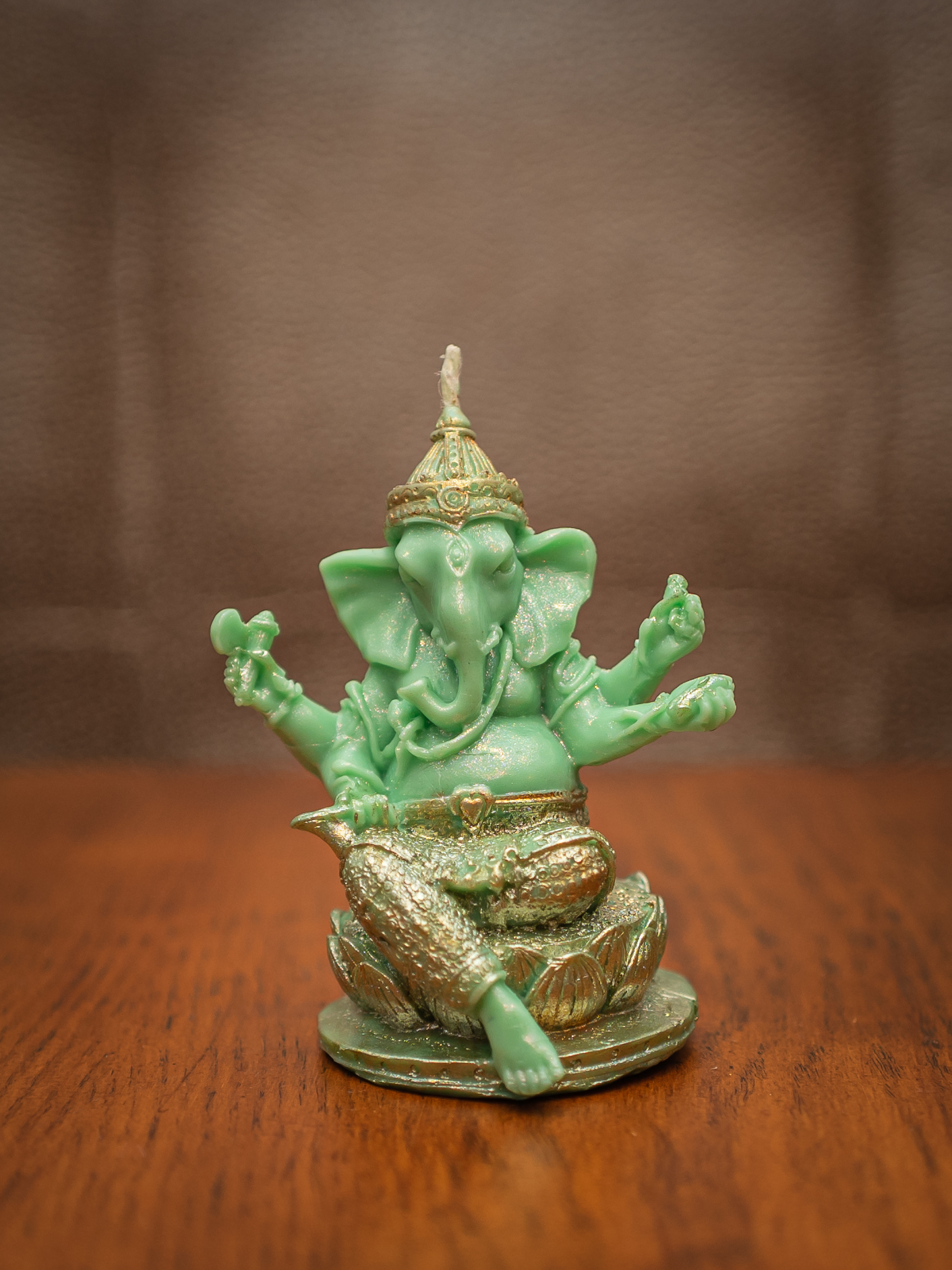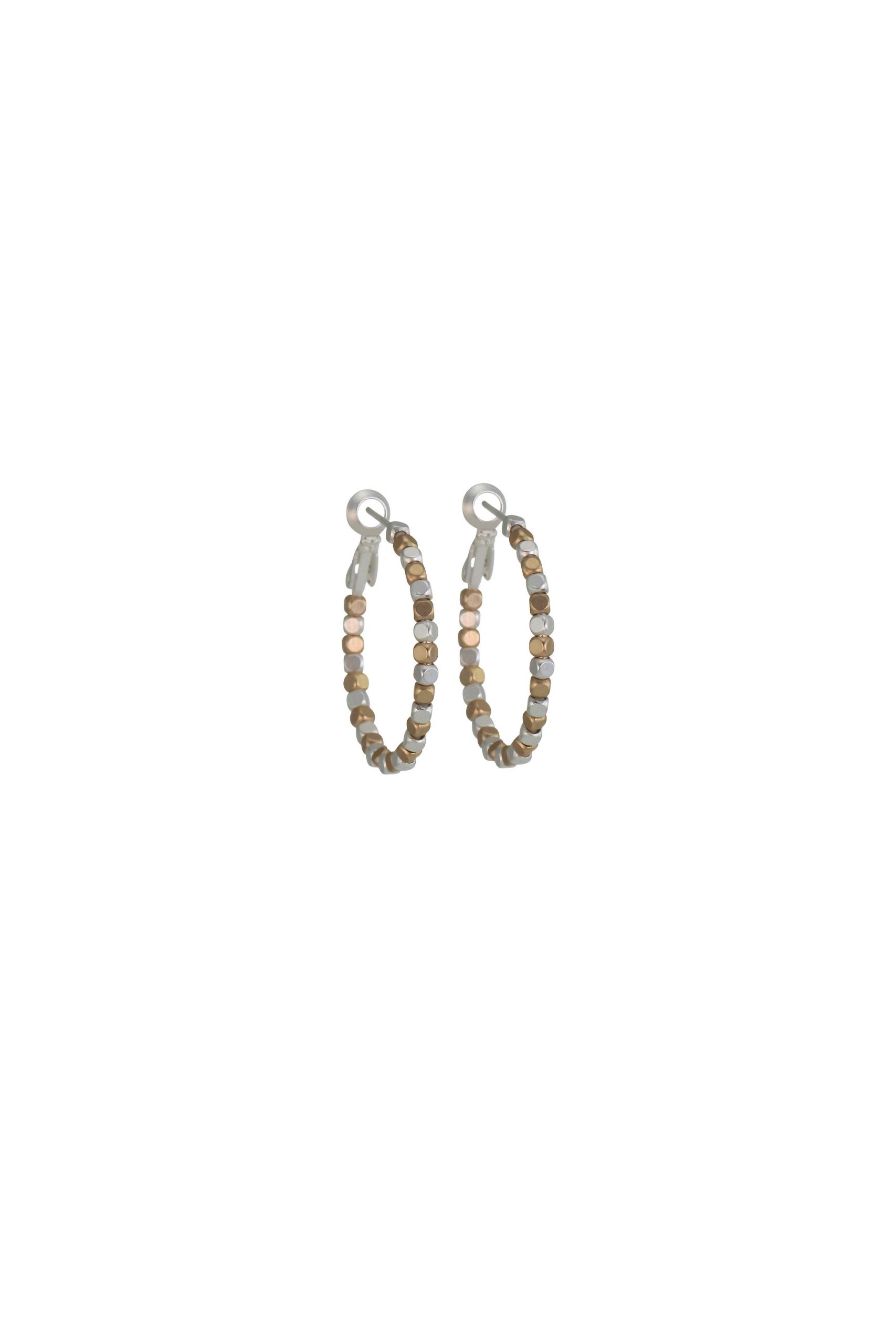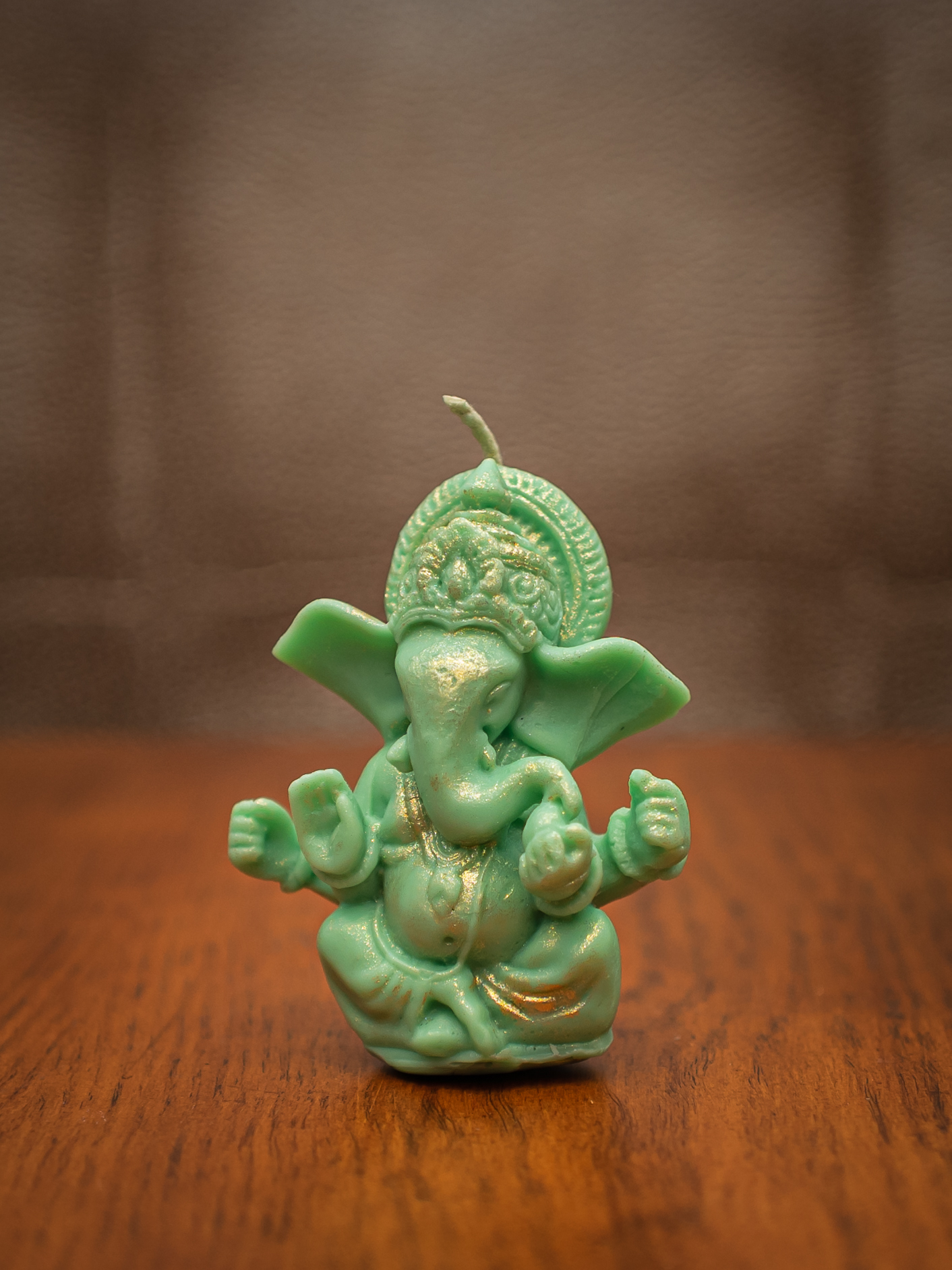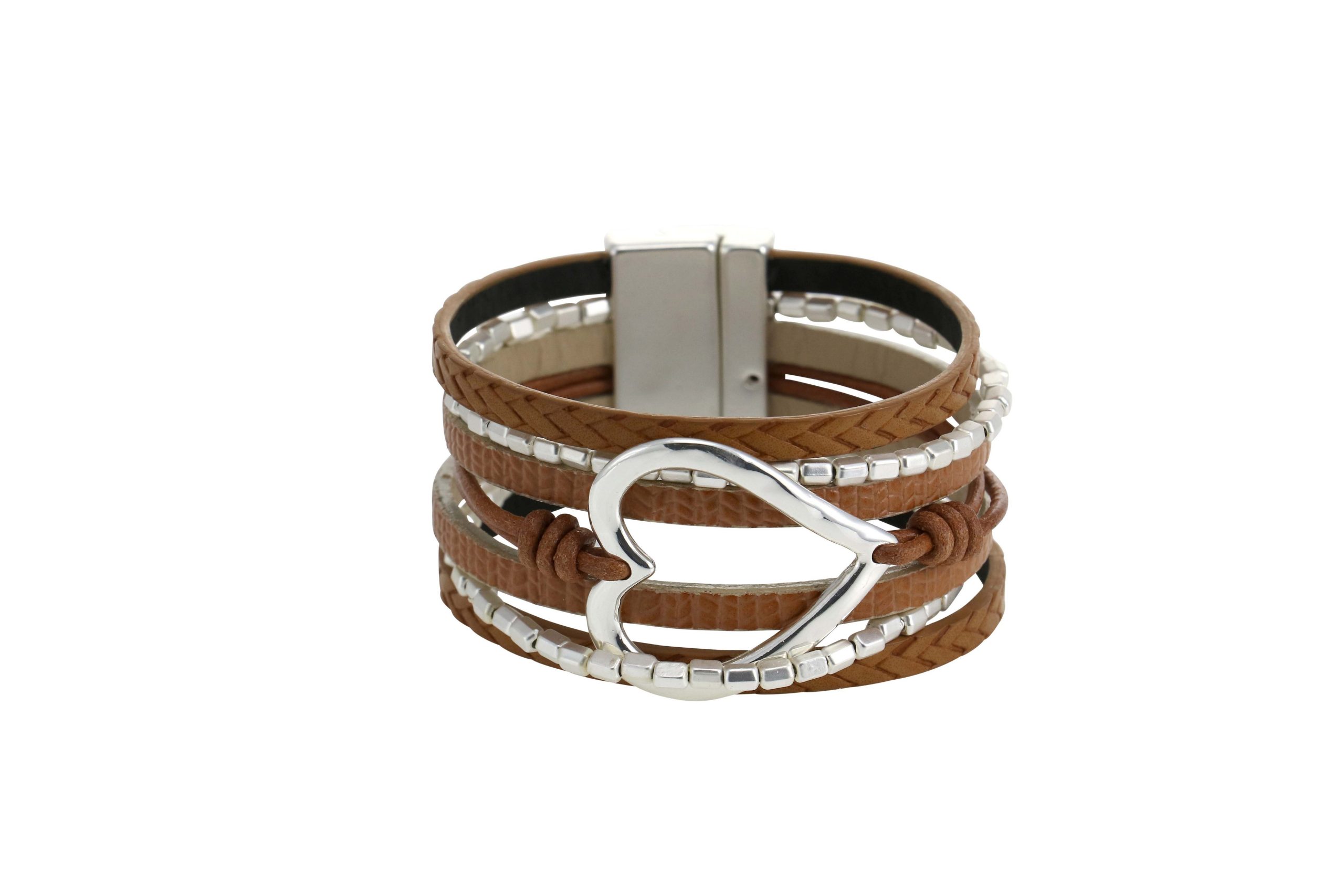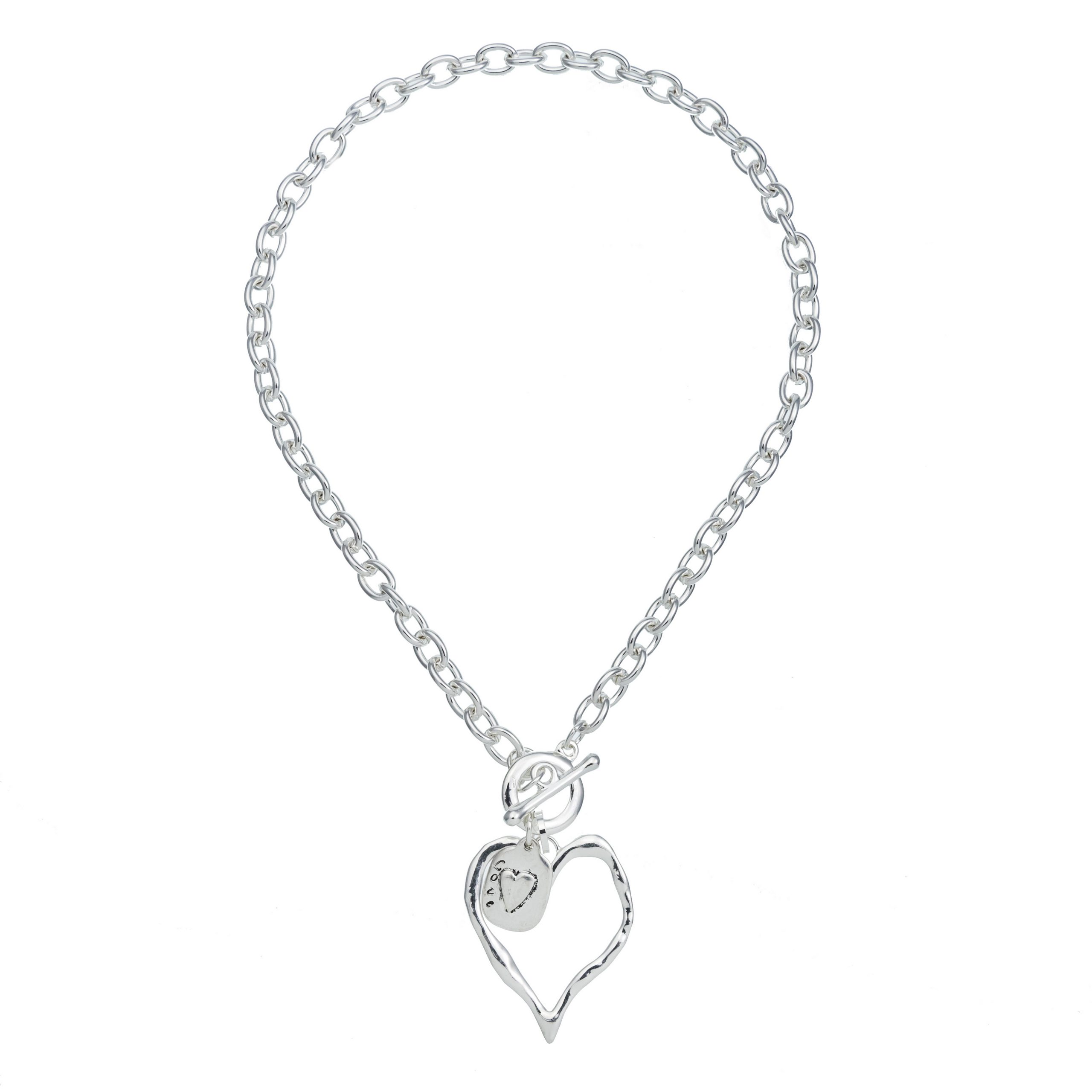I previously wrote a blog post about the hardships of a disability or an illness becoming a brand. Whether it’s on a personal level or a professional level, it doesn’t really matter. Both levels are hard. You can read the blog post here. When people talk about any type of disability or illness, whether it be a visible or an invisible one, the attention turns to the one who’s the disabled, the ill, or both the disabled and ill. But no one ever talks about their loved ones, such as their spouses, their parents, as well as other family members.
Statistics show the 50% of marriages end in divorce. But did you know that the percentage goes up to 75% when one of the spouses struggles with a chronic illness? The numbers might seem astounding to those who haven’t experienced a chronic illness, no matter what it is, or those who don’t have spouses who struggle with a chronic illness.
As someone who struggles with a chronic illness, let me just say that it’s probably one of the toughest things an individual can go through. I’m sure it’s hard for both men and women. I’ve heard and read so many stories of people of all walks of life going through chronic illnesses, specifically epilepsy, and it’s absolutely heartbreaking. It made me realize just how fortunate I actually am. For me personally, it was specifically hard to go through epilepsy as a woman. A chronic illness can take over your whole life. You become crippled in a sense, both mentally and physically. I didn’t feel I could be a good wife to my husband. I could barely be good to myself. I was a failure, or at least, I sure felt like it.
My husband, especially during the toughest time of my chronic illness struggles, always reassured me that my feelings were anything but the truth. It didn’t mean, however, that he didn’t have his own struggles while watching me struggle. First and foremost, there was the guilt, which is still very much there in existence after all these years. When he and I were involved in that fateful car accident that cause my epilepsy diagnosis, he was the one driving. Therefore, he feels responsible for all that I’d gone through since then. I have a scar on my forehead that you could barely see if you just look at me. He, on the other hand, sees it clearly, and it’s a daily reminder for him of what happened is his ‘fateful mistake.’ Each time I have a seizure or epilepsy related complication, he takes responsibility for it even though I always reassure him that nothing is ever his fault. It’s just a thing called life.
In retrospect, the 75% divorce rate amongst those couples who have one person struggling with a chronic illness isn’t that surprising. Both my husband and are strong-willed individuals for different reasons. We can handle anything, individually and as a couple. That specific experience showed us just that. But not all couples are as strong as we are. Marriage is hard enough as it is. Adding a chronic illness to it is 1,000 times, if not more, harder. I feel like I’m not giving you the exact picture of what my husband had gone through as someone who watches his spouse struggling to watch me struggling. That’s something I’ll most likely never understand because it’s not something I’d ever gone through myself. But it’s true what they say – it’s much harder to be the loved one of someone suffering than the one who’s actually struggling, no matter what that struggle is. You watch the person you love in pain and there’s literally nothing you can do to help them.
I guess what saved him, and our marriage as well, was his passion for cars. My husband is all about cars, cars, cars. He even had an automotive related business that ended up not working out. But cars is something he could talk about and look at all day everyday – just like my seizures for a certain time in my life. I read somewhere that Chris Colfer, who played Kurt Hummel on ‘Glee’ turned to writing to cope with his sister’s epilepsy diagnosis. Now, almost a decade after ‘Glee’ ended, he’s a best-selling author of children’s books.
We have to really understand and think of all the loved ones of those that are struggling. They are struggling as well. They need a community as well to help them cope and understand what they can do to take better care of not just their loved ones, but of themselves as well. Turning to your passion is one thing, of course. But there’s got to be more than that. Our loved ones’ mental health matters just as much as ours does.
Sign up to our newsletter if you want to see more content from The Graceful Boon! By signing up to our newsletter, you'll get an even more in-depth content from yours truly, Stacie Kiselman, who's our Graceful Boon, that you won't want to miss out on.

